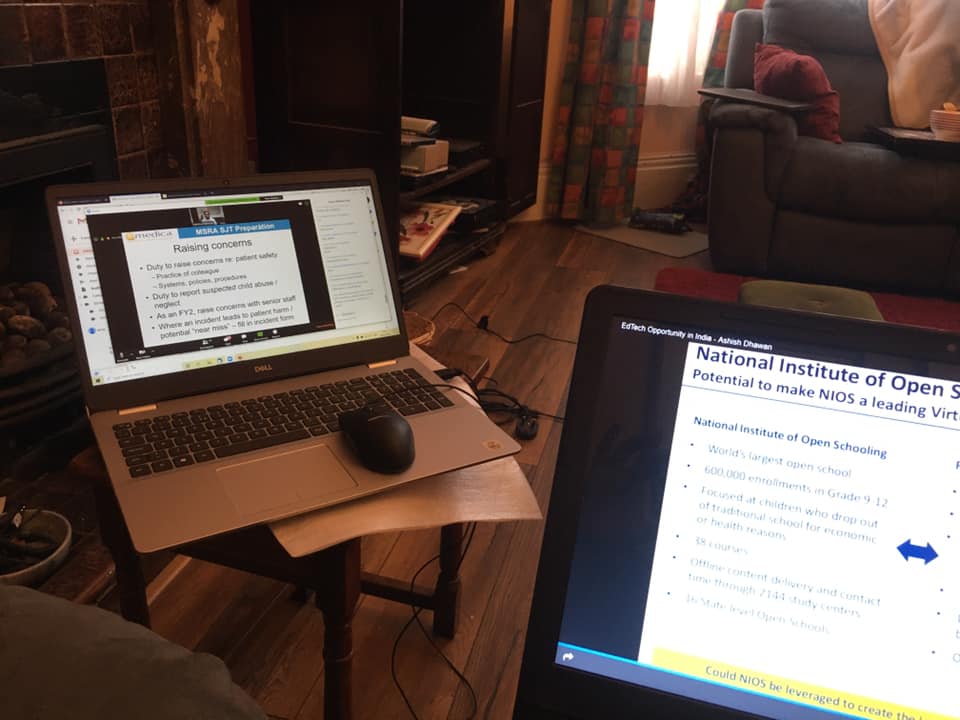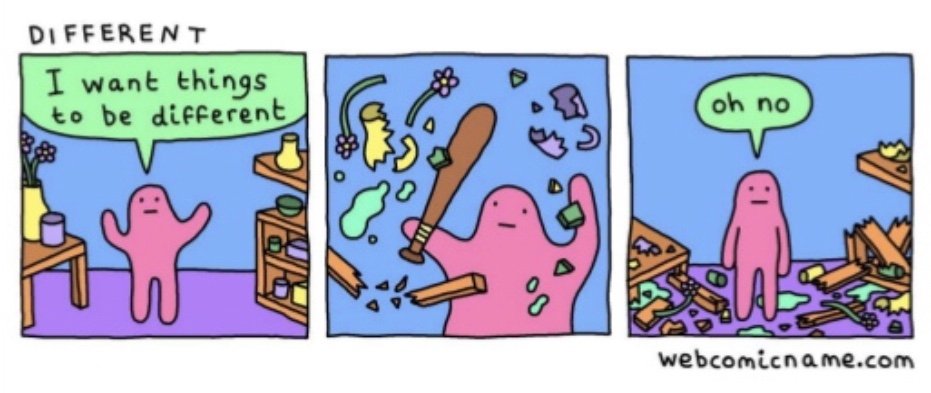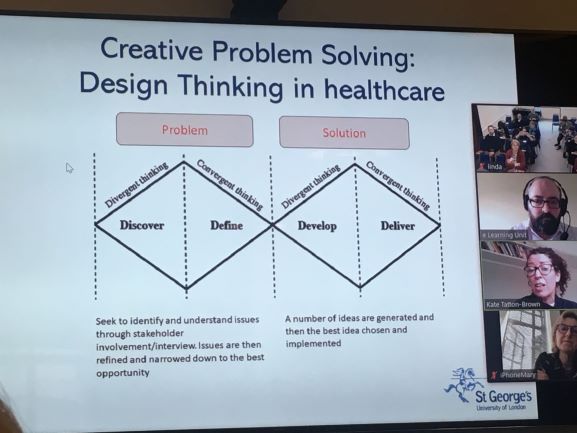I found blogging really scary. How do you overcome that Anna?
I suppose, in common with everything we find scary, by doing it! It's only scary if you are worried there is a 'wrong' way to blog. There is a million right ways to blog and no wrong ways (assuming you're not planning to incite crime!).
I didn't think of it as an online filing cabinet. That's interesting.
We store so much online now - photos, diaries, documents. A blog can be an extension of this.
Did you look at whether bloggers used PCs, laptops, tablets or phones and whether that's shifted?
I didn't even think of this! It could have been an interesting diversion but I don't think it would have changed my focus or conclusions. The caveat to this is where a blog tool doesn't have functionality over many platforms.
There are already loads of channels for online discussions (discussion rooms, etc.). Is there anything about blogs which you think make them more effective than other channels (you might be about to answer this!)
There are lots of online discussion spaces but a blog is one where you get to ask the opening question! Plus it can fulfill so many other functions too.
I have found myself not blogging as have felt it needs consistency in terms of frequency of posts etc - lacking inspiration to do this has stopped me engaging fully. I wonder if this is another reason for lack of engagement.
You blog for *you* and not for your audience (or at least that's what I do). If I don't post for a while I don't feel guilty. As for inspiration - I find blogging allows me to record and expand on moments of inspiration in my studies but also has trained me to look for inspiring and thought provoking things to post about. It helps me both record and seek interesting and engaging subject matter.
That's one of my concerns too - if I started I feel I'd have to post regularly to maintain continuity and 'presence'.
I wonder if there is a link with people using the blog privately?
Your blog is for you. You can (depending on the tool) opt for a range of privacy settings. If you seek to gain and maintain an audience you might want to post regularly and publicly. If it's just for you and / or a small group of people then you can blog exactly as you wish.
I did this for a while when I lacked confidence.
The blogosphere can feel like a lot of people shouting for attention but it's just as full of private people who selectively record and sometimes share their journeys in an accessible and cloud based way.
good recommendations Anna - I think the OU blog tool could be improved.
Definitely - and thanks
I use pen and paper. I've kept a journal for years; I guess the difference is that I don't share them. I wonder how many blogs that are shared are actually read by anyone else?
I used to journal using pen and paper for years and years. I didn't share them but it was always at the back of my mind that my notebooks may be found and published posthumously! I don't know how many blogs are read regularly - as a percentage of bloggers probably not many. But - I have not actively sought engagement and yet I have (to date) almost 40,000 views on my blog. I must be posting about something that someone is interested it! That's NOT my motivation though - just a realisation that sometimes we can undervalue the things we put out into the world. Just because we don't think anyone will be interested doesn't mean that no-one will be.
Oh wow. How do you keep the files you have stored if you lose it when you leave? Do you lose it immediately?
I think there is a 3 year 'grace period'. I will certainly be investigation how I am able to keep mine. As it is a 'public' blog then it will probably remain viewable to all but I may well lose access to continue contributing. If I had know how useful I was to find blogging I may have started using another tool. That said - the convenience of the OU blog tool means I can easily reach it when I am studying and want to record a thought or idea.
I agree - I don't think students are necessarily 'aware' of it. Wouldn't say it's flagged up at all on any of the (UG STEM) modules I tutor.
There are definitely some STEM students using the tool and, I was told, it's far more heavily used in some STEM areas. Some of the posts I reviewed went completely over my head they were so sciencey!
the question of whether to oblige (or very heavily encourage) students to use blog posts is really interesting - I remember this question coming up in H800 with 'making' students use discussion boards by it being part of assessment. Do you think the benefits would justify making it part of assessment?
I think that mandatory use of the blog may, for some, spark a very useful learning habit. I think the problem with it is that people are just told 'blog about it' and they often have no idea where to begin. I think that if learners were directed towards a few examples of good blogs as examples it would reassure them that there isn't a correct method and that the tool is there for them - not they for the tool.
DO you think an OU Blog is a training tool before considering a tool like Wordpress?
Possibly - less functionality does mean easier so for a complete novice the lack of bells and whistles may actually make the whole process less intimidating.
How often did bloggers look back over their -- or others -- blogs?
I didn't ask. I can say that I look over my own blog quite often. I am not very engaged with anyone else's though!
 This is my view right now.
This is my view right now.
